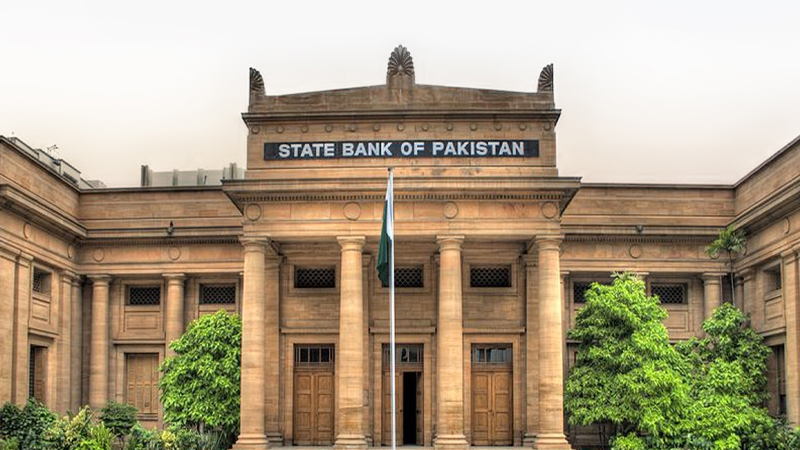In Pakistan, what was expected to be a boon for farmers has turned into a bane as bumper wheat crops flood the market, driving prices down and leaving growers in distress. With Punjab contributing the lion’s share of the wheat harvest, frustrations have reached a boiling point, leading farmers across the nation to announce a widespread protest scheduled for April 25.
The discontent among farmers has been palpable, with Kissan Board Pakistan Central Chairman, Sardar Zafar Hussain Khan, declaring, “We will not harvest wheat crop next year, if the exploitation of farmers continues, both from middlemen and the government.” This statement underscores the severity of the situation faced by agricultural communities.
As the wheat harvest season unfolds, the absence of a clear purchasing policy from the government has exacerbated the crisis. Middlemen are taking advantage of the uncertainty, driving down prices significantly below the government’s set support price of Rs3,900 per 40 kg. Khan lamented, “Wheat prices have plunged up to Rs1,000 per 40 kg as middlemen have started exploiting the situation.”
The failure of the Punjab food department and Pakistan Agricultural Storage and Supplies Corporation to initiate the purchase of wheat has added to farmers’ woes. Khalid Khokhar, President of Pakistan Kissan Ittehad, highlighted the dire circumstances, stating, “Pakistan’s agriculture is witnessing the history’s toughest time as the farming community is experiencing losses on two fronts.” He emphasized the doubling of production costs since 2023 coupled with a 25% drop in crop prices, rendering farming economically unsustainable.
Moreover, farmers’ grievances extend beyond the wheat market. During 2023, they endured losses amounting to Rs300 billion due to urea black marketing, where they were forced to pay exorbitant prices for fertilizers. Despite appeals to the government, their concerns went unaddressed, highlighting a broader issue of regulatory failure in protecting farmers’ interests.
As tensions escalate and the specter of a nationwide protest looms, the government faces mounting pressure to intervene and salvage a vital sector of the economy. Failure to address the grievances of farmers not only threatens livelihoods but also jeopardizes future agricultural productivity in Pakistan.











Leave a Reply